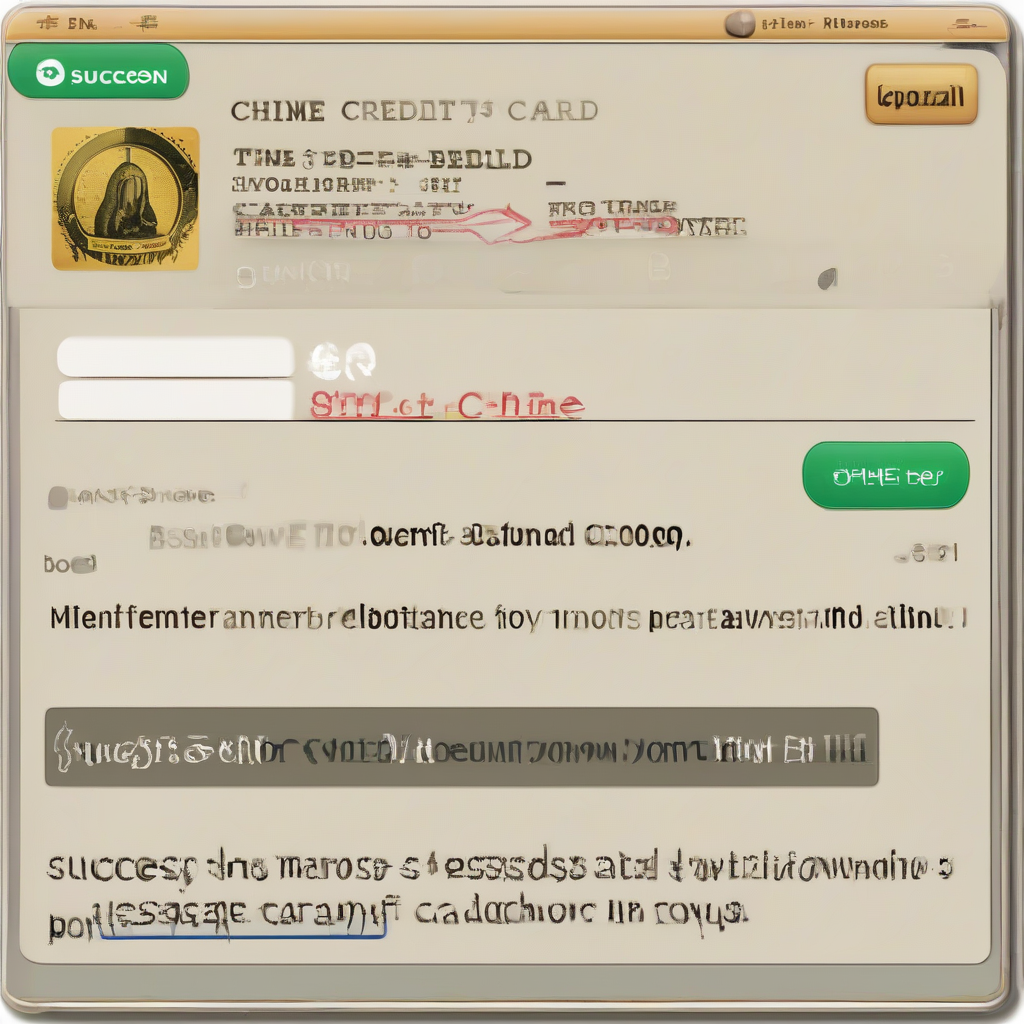Best Free Stock Trading Apps in 2023: Your Guide to Picking the Right One

Best Free Stock Trading Apps in 2023: Your Guide to Picking the Right One
The world of investing has become increasingly accessible, thanks to the rise of free stock trading apps. These platforms offer a user-friendly interface and powerful tools, making it easier than ever to buy, sell, and manage your investments from the comfort of your smartphone. However, with so many options available, choosing the right free stock trading app can be overwhelming.
This comprehensive guide will help you navigate the vast landscape of free stock trading apps and find the perfect one for your needs. We'll break down the key features, advantages, and disadvantages of each app, empowering you to make an informed decision. Whether you're a seasoned investor or just starting your journey, this guide will equip you with the knowledge to choose the best free stock trading app to support your financial goals.
What to Consider When Choosing a Free Stock Trading App
Before diving into specific app recommendations, let's explore the essential factors to consider when selecting a free stock trading app:
- Available Securities: Does the app offer access to a wide range of securities, including stocks, ETFs, options, and mutual funds? Consider your investment goals and the types of assets you plan to trade.
- Trading Fees: While many apps claim to be "free," it's essential to understand any hidden fees or commissions associated with trades, account maintenance, or specific features.
- Research Tools: Look for apps that provide robust research tools, such as real-time quotes, charts, news feeds, and analyst reports. These resources can help you make informed investment decisions.
- User Interface and Experience: A user-friendly interface is crucial for a seamless trading experience. Consider the app's design, navigation, and overall ease of use.
- Security Features: Prioritize apps with robust security measures, including encryption, two-factor authentication, and other safeguards to protect your financial data.
- Customer Support: Ensure the app offers reliable customer support through various channels like phone, email, or live chat. You'll need assistance if you encounter any issues or have questions.
- Educational Resources: Some apps provide educational resources, tutorials, or webinars to help you learn about investing. These resources can be invaluable for beginners.
- Mobile App Availability: If you prefer trading on the go, ensure the app is available on both iOS and Android platforms.
Top Free Stock Trading Apps in 2023
Now that you understand the key considerations, let's explore some of the top free stock trading apps available in 2023:
1. Robinhood
- Pros: Robinhood is known for its user-friendly interface, commission-free stock and ETF trading, and fractional shares. The app also offers a wide range of research tools, including real-time quotes, charts, and news feeds.
- Cons: While Robinhood provides a basic level of research tools, it lacks in-depth analysis and advanced charting features. The app has also faced some criticism for its limited customer support options.
- Best For: Robinhood is ideal for beginners and casual investors who prioritize ease of use and commission-free trading.
2. Webull
- Pros: Webull offers commission-free trading for stocks, ETFs, and options. The app boasts a comprehensive set of research tools, including interactive charts, real-time data, and analyst ratings. Webull also provides paper trading, allowing users to practice their trading strategies without risking real money.
- Cons: While Webull provides an extensive range of research tools, some users find the interface overwhelming, especially for beginners.
- Best For: Webull is a suitable option for investors with a moderate to advanced level of experience who seek a comprehensive trading platform with robust research tools.
3. TD Ameritrade
- Pros: TD Ameritrade offers commission-free trading for stocks, ETFs, and options. The app provides access to a vast array of research tools, including advanced charting, real-time quotes, and personalized market insights.
- Cons: While TD Ameritrade offers a robust platform, the user interface can be less intuitive compared to other apps. The app's customer support can also be challenging to reach at times.
- Best For: TD Ameritrade is well-suited for experienced investors who value comprehensive research and analytical tools.
4. Fidelity Go
- Pros: Fidelity Go is a robo-advisor that offers automated investment management with minimal fees. The app provides personalized portfolio recommendations based on your risk tolerance and financial goals. Fidelity Go is an excellent option for investors who prefer a hands-off approach to investing.
- Cons: Fidelity Go's investment options are limited compared to other platforms. It lacks the same level of research tools and customization available in traditional brokerage accounts.
- Best For: Fidelity Go is ideal for beginners and investors who desire a simple and automated approach to investing.
5. Stash
- Pros: Stash focuses on making investing accessible for beginners. The app offers fractional shares, allowing users to invest in stocks and ETFs with as little as $1. Stash also provides educational content and personalized investment recommendations.
- Cons: Stash has limited investment options and charges a monthly fee for account management. The app's research tools are also more basic compared to other platforms.
- Best For: Stash is an excellent option for beginner investors who are new to the world of investing and prefer a simplified approach.
6. M1 Finance
- Pros: M1 Finance offers a unique automated investment strategy called "pies." Users can create personalized portfolios by allocating their investments to specific assets, such as stocks, ETFs, and bonds. The app also provides commission-free trading and a user-friendly interface.
- Cons: M1 Finance's investment options are somewhat limited compared to other platforms. The app also requires a minimum balance of $100 to open an account.
- Best For: M1 Finance is a good option for investors who prefer a hands-off approach with a personalized investment strategy.
7. Acorns
- Pros: Acorns is a micro-investing app that uses "round-ups" to invest your spare change. The app automatically rounds up your purchases to the nearest dollar and invests the difference. Acorns also offers robo-advisor services and a user-friendly interface.
- Cons: Acorns has limited investment options and charges a monthly fee for account management. The app's robo-advisor features are also relatively basic compared to other platforms.
- Best For: Acorns is ideal for investors who are looking for a simple and convenient way to invest small amounts of money.
Choosing the Right Free Stock Trading App for You
Ultimately, the best free stock trading app for you depends on your individual needs and preferences. Consider your investment goals, experience level, and the features that are most important to you. By carefully evaluating the options available, you can choose a platform that aligns with your investment journey and empowers you to reach your financial goals.
Remember that investing involves risk. Before making any investment decisions, it's essential to conduct thorough research and seek professional advice if needed. This guide provides a starting point for your search for the best free stock trading app, but it's crucial to make informed decisions based on your unique circumstances.
What's Your Reaction?
















